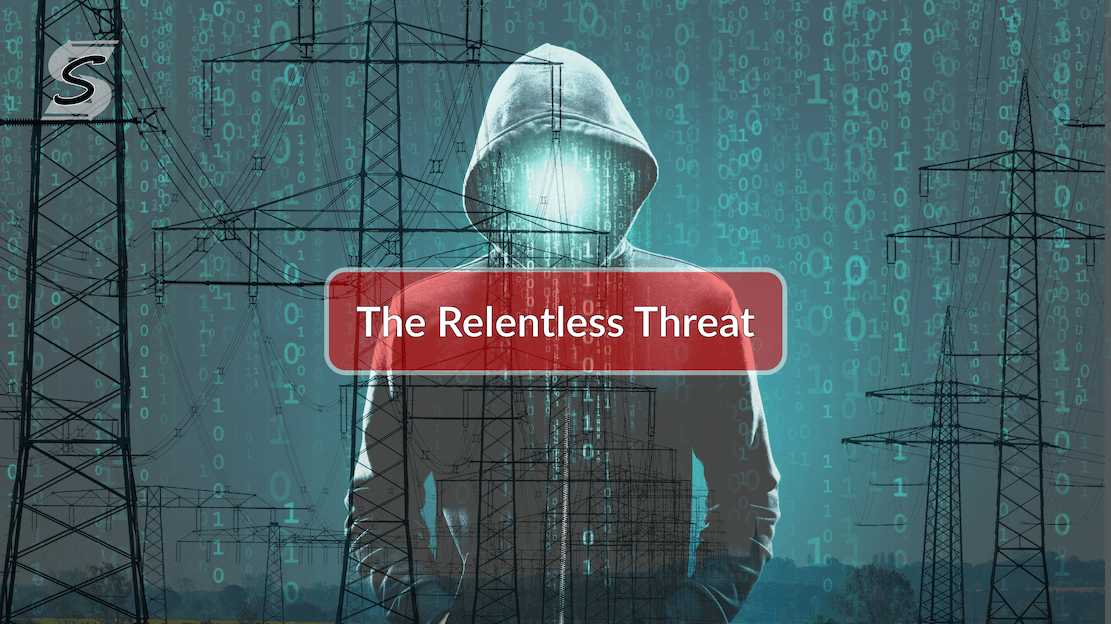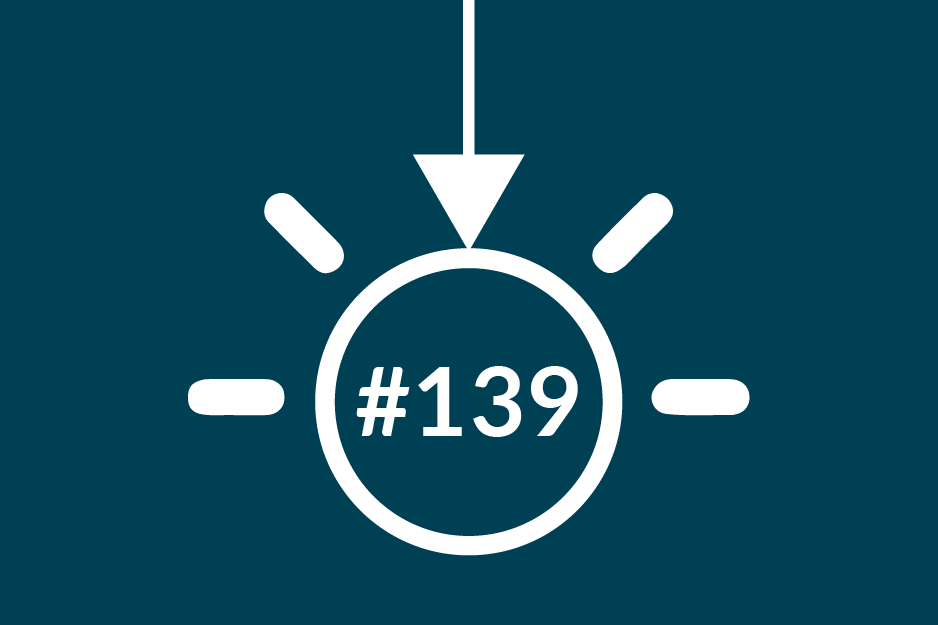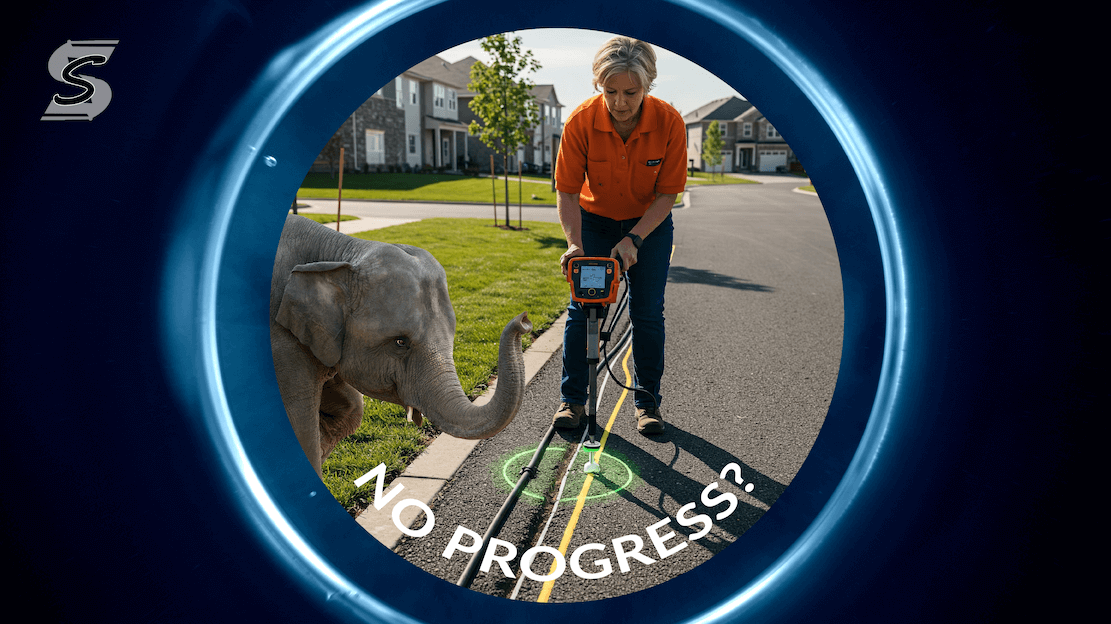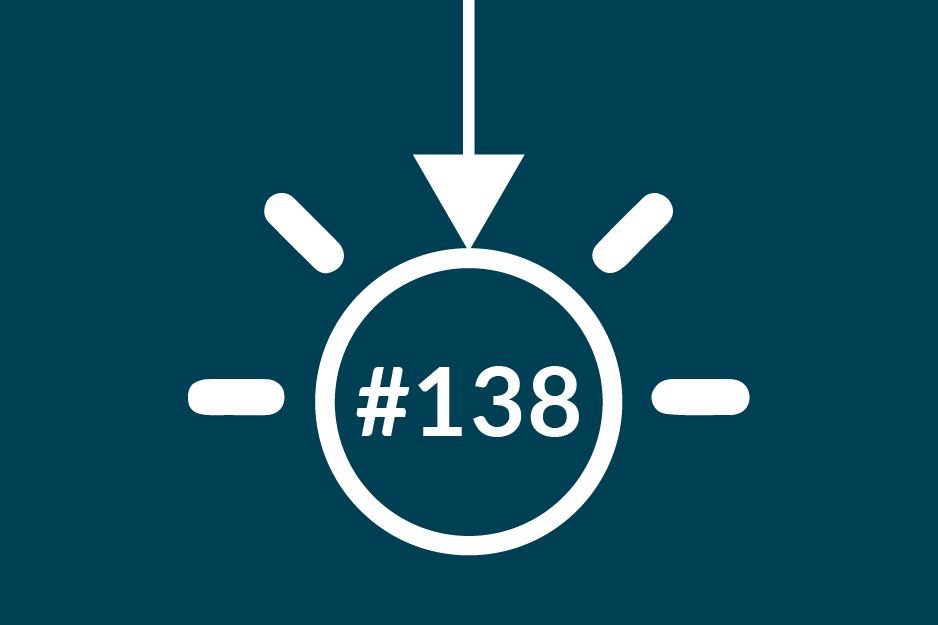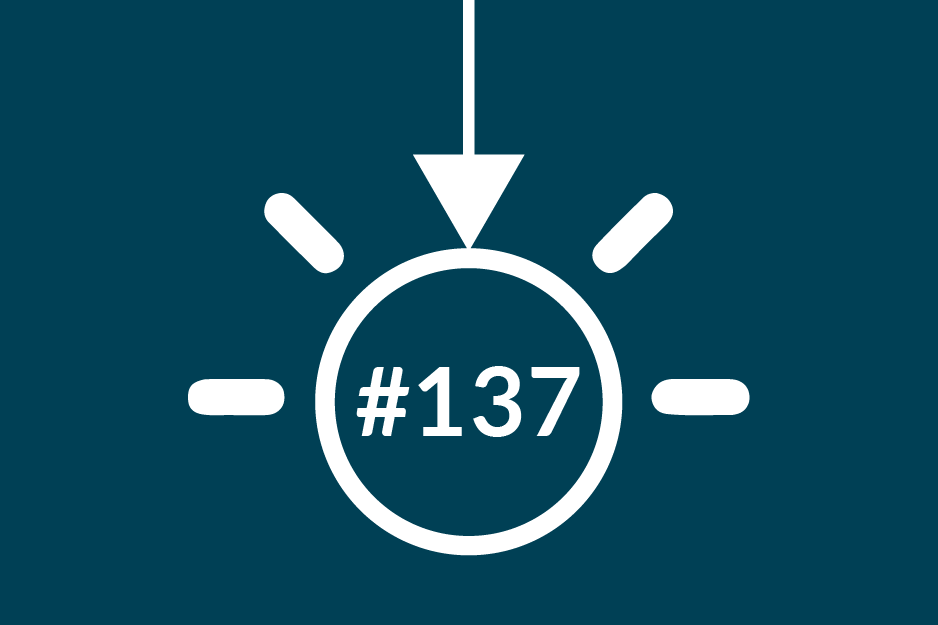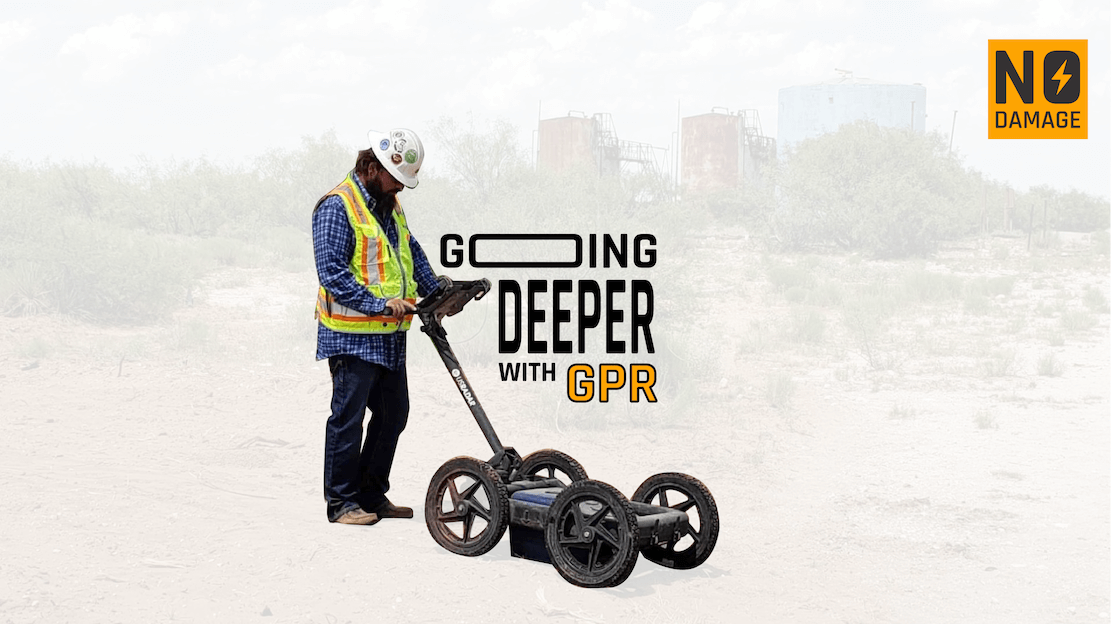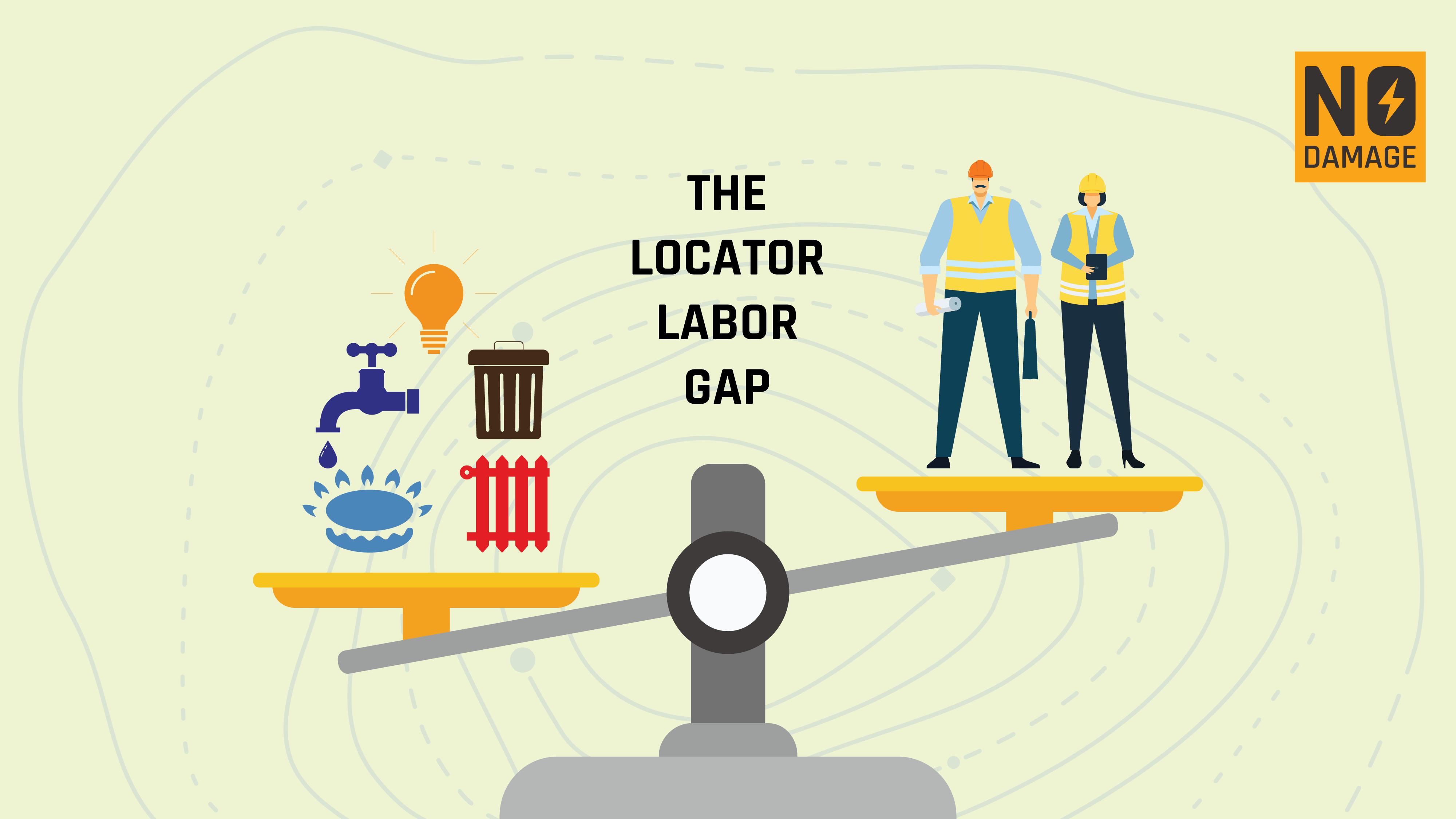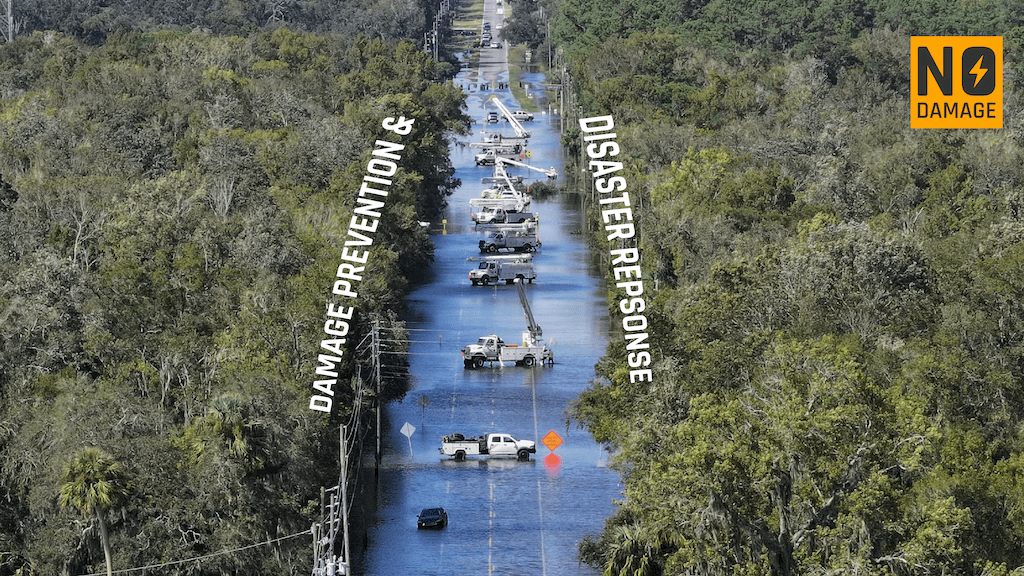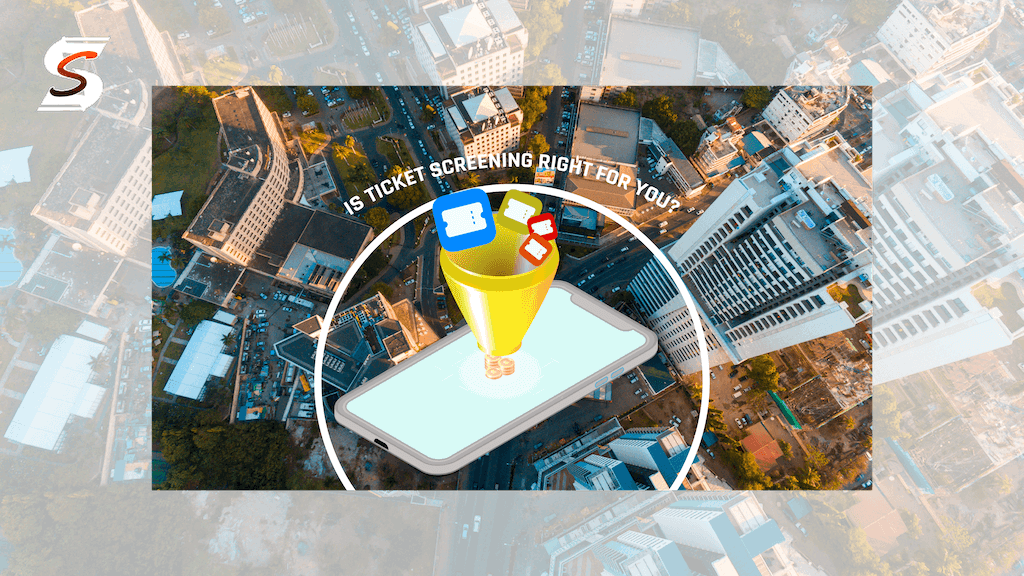
Utility companies often face the critical decision of whether to implement ticket screening as part of their operations. For many, this process can lead to significant time and cost savings, but it there's a few things to consider in how you implement screening depending on your priorities. The key to determining what type of ticket screening is right for your company lies in carefully evaluating a few essential factors.
Key Factors to Consider
The volume of locate tickets your operation receives is a fundamental consideration. High ticket volumes often justify the implementation of ticket screening as it can streamline workflows, especially when combined with automated dispatching processes. If your company already uses automated systems that route tickets based on specific rules or geographic location, adding a ticket screening process could further enhance efficiency, and may already be availble in that software.
Another critical factor is the precision of your utility’s facility data and the accuracy with which your state’s one call center records this information. If the one call center has extensive buffer zones around your facilities, you're more likely to receive locate tickets that could be cleared through screening. In contrast, if the data is highly specific with minimal buffer zones, the chances of receiving unnecessary locate requests are reduced. Additionally, the more accurate your GIS data, the more effective ticket screening will be.
Proximity to underground assets is also an important consideration. If your organization submits numerous tickets near your own underground assets, ticket screening might be particularly beneficial. Many companies with a high volume of such tickets choose to screen out those they submitted, reducing the need for locators to clear tickets for every maintenance dig.
Finally, consider the necessity of field visits. Evaluate how many tickets your operation can safely clear without a field visit. If your utility lines are buried deep enough that most excavation projects don’t impact them, the potential to clear tickets without sending out a field crew increases. The higher this number, the more you stand to gain from ticket screening.
Conducting a Cost-Benefit Analysis
As you evaluate whether to implement ticket screening, it’s essential to conduct a thorough cost-benefit analysis. Ask yourself the following questions:
- What is the volume of locate tickets your operation handles on a regular basis?
- How accurate is the facility data that your state’s one call center has on file for your utility lines?
- Does your organization frequently submit tickets near its own underground assets?
- How many tickets can your operation safely clear without requiring a field visit?
These questions will help you assess whether the benefits of ticket screening outweigh the costs and whether an internal or external approach best suits your needs.
Benefits of Ticket Screening
One of the most immediate benefits of ticket screening is the time saved. Screeners can quickly identify tickets that do not require field visits, allowing your field staff to concentrate on more critical tasks. This not only speeds up operations but also enhances overall productivity.
Reducing unnecessary field visits directly translates to cost savings. Fewer trips mean lower fuel consumption, reduced vehicle maintenance expenses, and minimized labor costs. By reallocating resources more effectively, your company can optimize operational budgets.
A well-implemented ticket screening process significantly bolsters damage prevention efforts. By accurately identifying tickets that require attention, field staff can focus on high-risk areas, reducing the chances of accidental damage to underground assets. This proactive approach not only saves money but also enhances the reliability and safety of utility services.
Ticket screening also facilitates better coordination between office and field teams. Screeners act as a vital link, providing precise, relevant information to field staff. This improved communication ensures that resources are deployed where they are needed most, streamlining field operations and fostering a more efficient workflow.
As your operation grows, the benefits of ticket screening can scale up exponentially. The more tickets processed, the greater the relative savings in both time and cost. Large-scale operations stand to achieve significant improvements in operational efficiency and cost-effectiveness through a comprehensive ticket screening system.
Implementing Ticket Screening: Internal vs. External Approaches
When it comes to implementing ticket screening, you have two main options: utilizing an internal ticket management system like Utilocate or outsourcing the task to an external company.
- Internal Screening: Using an internal system like Utilocate offers a high level of customization and control. With Utilocate, you can build screening rules and processes tailored specifically to your company’s operations, geographic area, and risk profile. This level of customization ensures a more precise screening process, allowing your team to adjust the system as needed to respond quickly to changes in regulations, workflows, or operational priorities. It also keeps all your data secure in one place. Any time you add on another system, you're adding a layer of complication and a potential weakness. So keeping all your data in your ticket management system and doing screening in there is a good strategy. This integration ensures that all relevant data is consistently up-to-date and easily accessible, reducing the likelihood of errors in the screening process.
- Outsourcing Ticket Screening: On the other hand, outsourcing ticket screening to an external company can alleviate some of the burdens associated with managing your ticket management system, especially if your current team are already stretched. External companies bring specialized expertise and can offer efficient screening services without requiring your organization to invest in and maintain the technology and personnel needed for an internal system. Sometimes you'll find a partner that is able to help your company and work with you, just make sure you're both on the same page!
Conclusion
Regardless of whether you choose an internal or external approach, implementing some form of ticket screening is essential. Ticket screening is a critical component of modern utility operations, offering substantial advantages in terms of efficiency, cost savings, damage prevention, and operational coordination. By adopting a ticket screening process, you ensure that your field teams are focused on the most critical tasks, your resources are allocated efficiently, and the risk of accidental damage to underground assets is minimized.
Ticket screening offers substantial advantages, from reduced site visits and lower operational costs to enhanced damage prevention and better integration between office and field staff. Whether you choose to implement ticket screening through an internal system like Utilocate or by outsourcing to an external company, it’s clear that some form of screening is vital to efficient and effective utility operations. By carefully weighing the benefits and drawbacks, and considering the specific factors relevant to your organization, you can make an informed decision on the best approach for your utility company.
Share this Post
